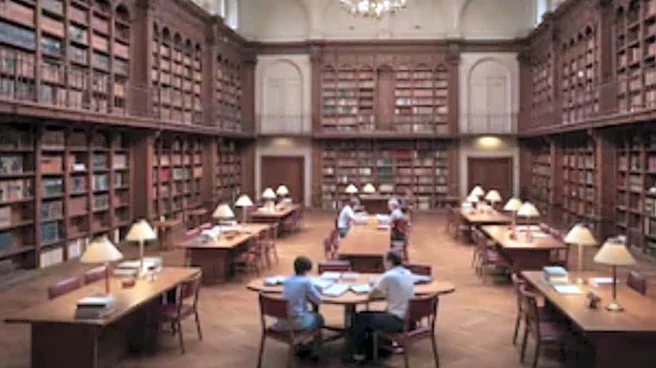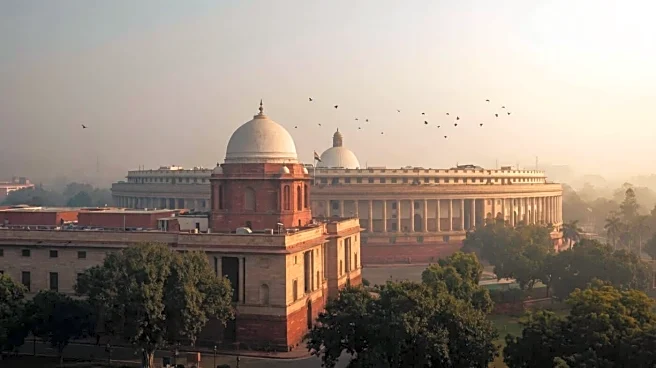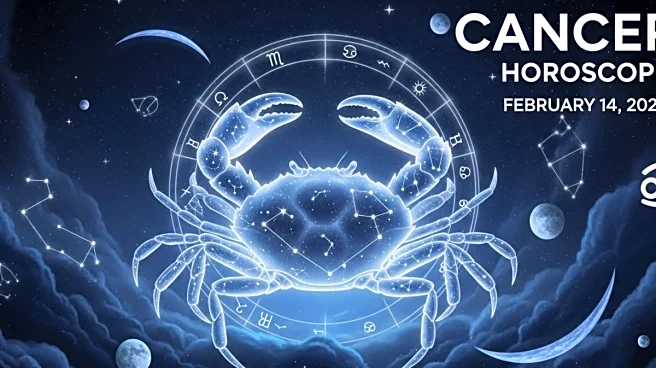The British Library has honoured late Irish author Oscar Fingal O’Flahertie Wills Wilde by reissuing a reader’s card in his name, 130 years after his original card was revoked due to his conviction for
“gross indecency”.
Wilde was born on October 16, 1854. In the early 1890s, he became one of the most famous playwrights in London. Till date, he is remembered for his epigrams and plays, and his novel The Picture of Dorian Gray. He is seen as a fearless individual as he transgressed the repressive boundaries of Victorian society.
He is said to have lived his short life to the fullest even after his sexual orientation came to light. Wilde passed away at the age of 46 on November 30, 1990, after suffering from meningitis.
According to BBC, the celebrated novelist, poet, and playwright was excluded from the library’s reading room in 1895 over his charge for having had homosexual relationships, which was a criminal offence at the time.
The new card was collected by his grandson and author Merlin Holland on Thursday. It is intended to “acknowledge the injustices and immense suffering” Wilde faced, the library said.
Holland said the new card is a “lovely gesture of forgiveness and I’m sure his spirit will be touched and delighted”.
BBC reported that the decision to revoke Wilde’s pass for the library – then the British Museum reading room – was recorded without comment in the trustees’ minutes for June 15, 1895.
He was at the time in prison for three weeks after being handed a two-year prison sentence with hard labour.
The author was convicted after he lost a libel trial against Lord Queensberry, who had accused him of being homosexual after discovering that his son, Lord Alfred Douglas, aka Bosie, was Wilde’s lover, BBC reported.
At the time, the library regulations stated that anyone convicted of a crime should have their card revoked.
Dame Carol Black, chair of the British Library, said that by reissuing his library card, “we hope to not only honour Wilde’s memory but also acknowledge the injustices and immense suffering he faced as a result of his conviction”.




/images/ppid_59c68470-image-177105003415990657.webp)

/images/ppid_59c68470-image-177105003432353455.webp)

/images/ppid_a911dc6a-image-177104902795770968.webp)




/images/ppid_59c68470-image-177104753116157906.webp)

